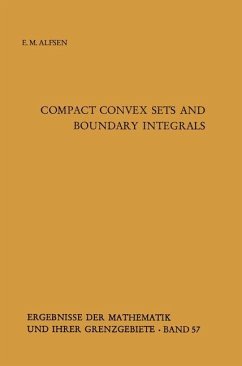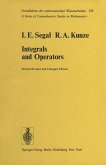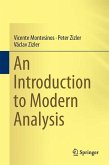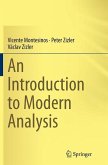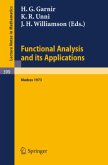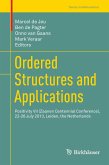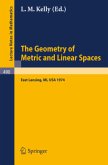The importance of convexity arguments in functional analysis has long been realized, but a comprehensive theory of infinite-dimensional convex sets has hardly existed for more than a decade. In fact, the integral representation theorems of Choquet and Bishop -de Leeuw together with the uniqueness theorem of Choquet inaugurated a new epoch in infinite-dimensional convexity. Initially considered curious and tech nically difficult, these theorems attracted many mathematicians, and the proofs were gradually simplified and fitted into a general theory. The results can no longer be considered very "deep" or difficult, but they certainly remain all the more important. Today Choquet Theory provides a unified approach to integral representations in fields as diverse as potential theory, probability, function algebras, operator theory, group representations and ergodic theory. At the same time the new concepts and results have made it possible, and relevant, to ask new questions within theabstract theory itself. Such questions pertain to the interplay between compact convex sets K and their associated spaces A(K) of continuous affine functions; to the duality between faces of K and appropriate ideals of A(K); to dominated extension problems for continuous affine functions on faces; and to direct convex sum decomposition into faces, as well as to integral for mulas generalizing such decompositions. These problems are of geometric interest in their own right, but they are primarily suggested by applica tions, in particular to operator theory and function algebras.

